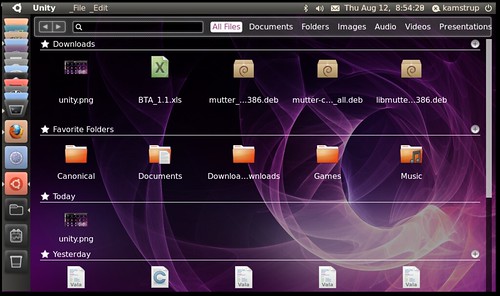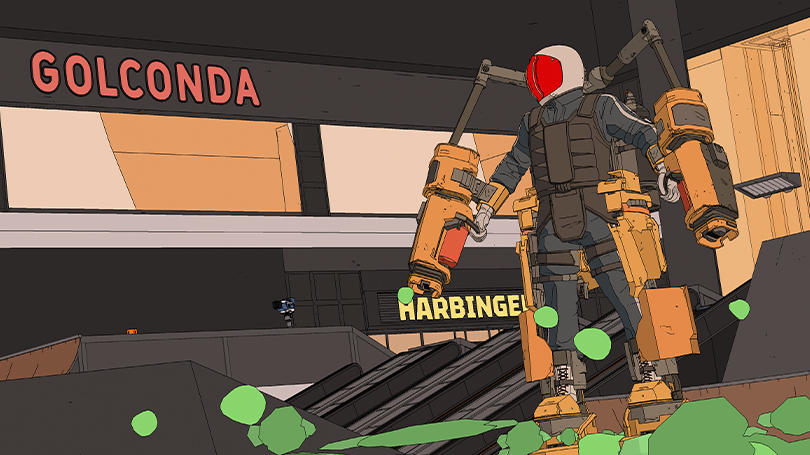Unity backlash: Why gamers and devs united against the popular game engine
Unity #Unity

If you’ve been following the game industry over the last few days, you might have heard that Unity, the creators of the far-reaching game engine of the same name, have made a bit of a mess. A new scheme to start charging developers every time a Unity engine-based game gets installed on a PC or console has indeed united gamers, developers, and publishers…in condemnation of this boneheaded bit of naked profiteering.
Here’s the gist. Starting January 1st, 2024, all games that use the Unity engine will be charged 20 cents (USD) for each game installation, once it hits a threshold of 200,000 downloads and $200,000 in revenue. A lower charge and a higher starting threshold — $1 million in sales and a million installations — will be offered for higher tiers of Unity subscriptions, starting at around $2000 a year.
This is a stark change from Unity’s previous monetization system, which offered the engine and installation for free, then relied on more advanced software subscriptions, an integrated advertising platform (mostly mobile games, but some console and desktop stuff too), and paid analytical tools. While Unity has clarified some early misconceptions after the news broke, such as not charging for multiple installations of the same game from the same user and not charging for game demos, the new monetization makes Unity far less attractive to the indie game developers that were previously its bread and butter.
To put it plainly, many indies simply won’t be able to afford to publish games using Unity…and possibly won’t even be able to continue selling existing games that use the cross-platform engine. That’s because the new fees apply retroactively, taking in historical sales to calculate whether already-published games will be charged. Developers have taken to Twitter and other social media platforms to show how much the new policy might cost them. The makers of such games as Among Us, Cult of the Lamb, Vampire Survivors, and dozens more have all said that they’ll have to more or less completely abandon the platform if the change goes through as planned.

Unity is used on an incredibly wide array of projects, from simple 2D games like Vampire Survivor to fast-paced 3D games like Genshin Impact and Rollerdrome.
Private Division
Necrosoft director Brandon Sheffield posted an essay he called “The Death of Unity,” pointing unequivocally at Unity CEO John Riccitiello as the villain of this drama. Riccitiello, an executive at EA from 1997 to 2014 (with a three-year gap), has been working to expand Unity into new markets including VR and industrial design. But Sheffield says that the engine itself has declined in both features and stability under his tenure. The change to the licensing system is the proverbial last straw.
“…if you’re starting a new game project, do not use Unity. If you started a project 4 months ago, it’s worth switching to something else. Unity is quite simply not a company to be trusted.“
Brandon Sheffield, Necrosoft Games director
Cult of the Lamb‘s official Twitter account told gamers to buy the popular title now, “cause we’re deleting it on January 1st.” A massive shift of both existing and in-development games to alternative engines, including the industry giant Unreal, appears to be in the making. Gamers have broadly shown support for developers. Across all arms of social media, it’s hard to find anyone on Unity’s side, with expressions of support for developers and publishers and condemnation of Unity being near-universal.
It’s worth noting that a number of Unity executives sold shares in the company the week before announcing the new policy, including Riccitiello. Unity’s stock price has fallen by a small but significant 4 percent in the last five days.
Unity used to be the cheaper, simpler alternative to Epic’s Unreal engine, not to mention easier for smaller 2D projects and mobile games. But the industry isn’t in the same place it was ten years ago. Unreal’s development tools have become more friendly for simpler and more basic games, and mobile hardware is powerful enough that it can run even showpiece games like Fortnite. And Unreal 5’s monetization scheme is much more palatable for smaller developers: It’s completely free up to $1 million in revenue, with no charges based on the number of installations. Epic has also attracted indie developers with sweetened sales splits on its Epic Games Store for the PC.
Even if Unity were to reverse its proposed changes tomorrow — and so far, there’s no indication that that will happen — simply proposing this change might have killed it as the go-to tool for indie developers large and small. Unity has just demonstrated that it’s a company willing to change its fundamental agreements with an entire industry on very short notice. Adding months or more to a game project is a small price to pay if it’s the difference between profitability and insolvency.